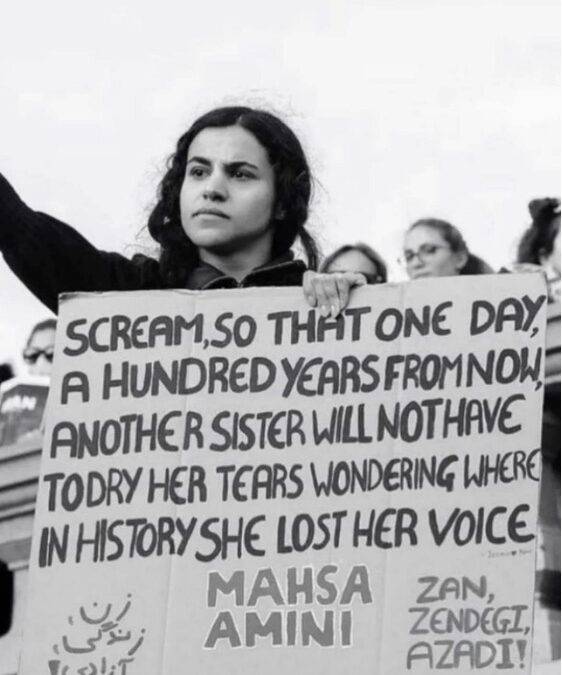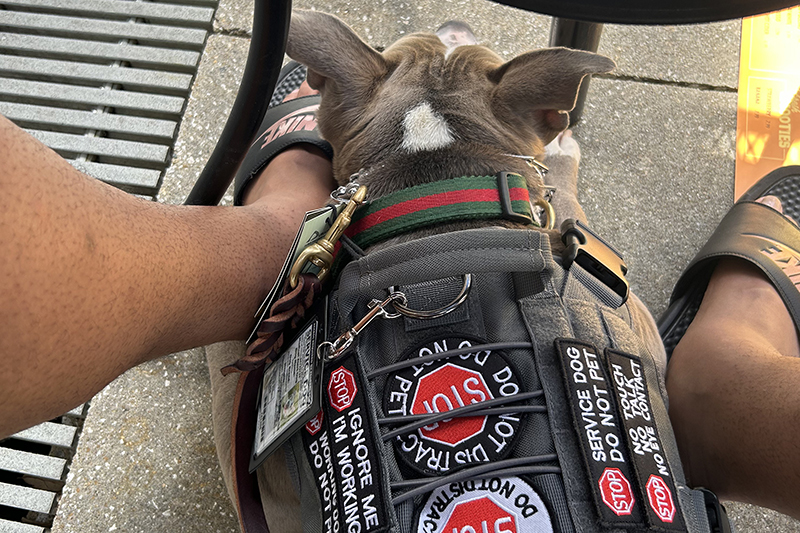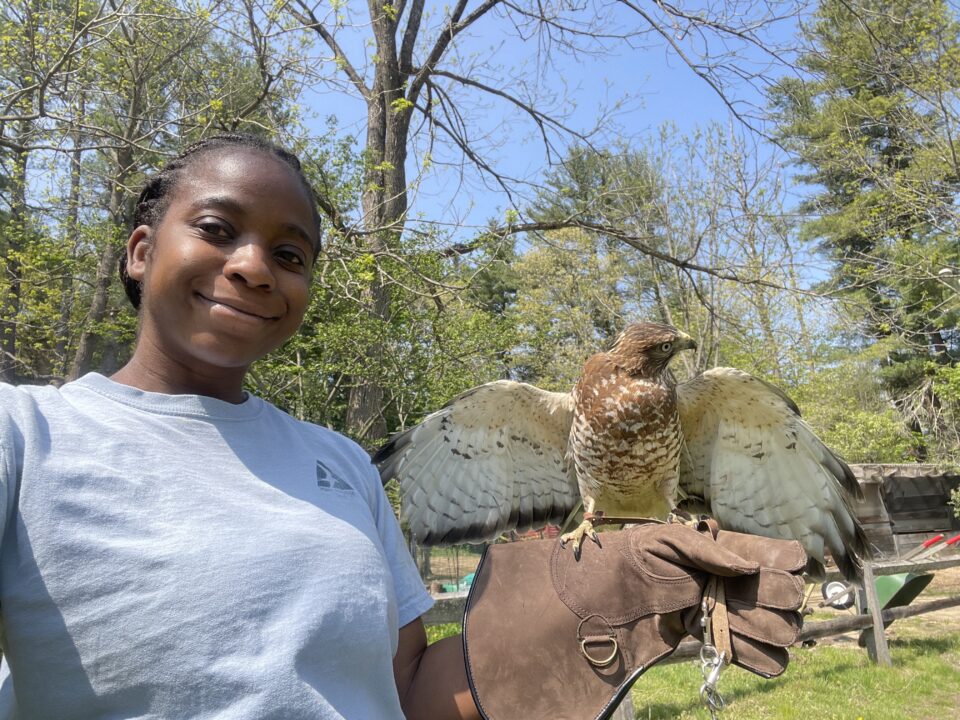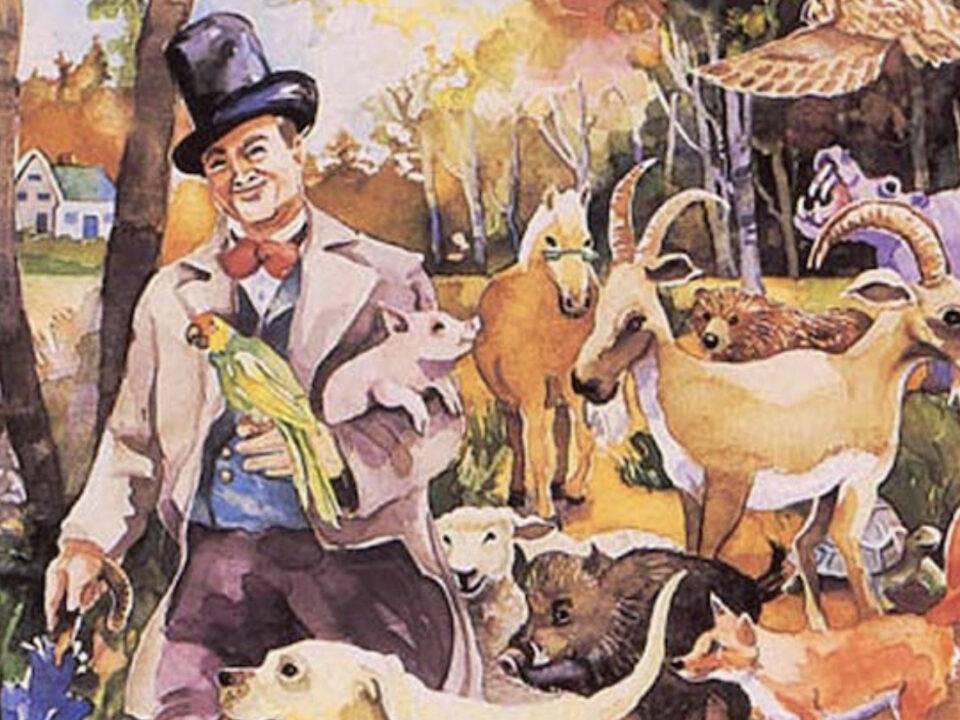
Part 2: Zendegi (Life)
April 7, 2023Dramatic Increase in Pet Product Costs Further Marginalizes Families and their Pets in Low-Income Communities
April 10, 2023Sheila Donya Kouhkan
“Freedom is not a state; it is an act. It is not some enchanted garden perched high on a distant plateau where we can finally sit down and rest. Freedom is the continuous action we all must take, and each generation must do its part to create an even more fair, more just society.” -Congressman John Lewis
Until I was 5, I thought Iran was only in black and white. The photos I saw lacked color and the faces often lacked smiles and joy. As an outsider looking in, I had no idea about the vibrancy and beauty that exists within Iranian people and communities. I finally learned that firsthand when I visited Iran in person and wished others could witness it as well.
When I was in high school, my World History teacher had us watch Not Without My Daughter featuring Sally Field. I remember all eyes on me as the “scary Iranians” yelled on screen. Several girls came up to me after class and earnestly apologized for what I had to endure, assuming my dad was like the father in the film.

There’s a weird sense of “survivor’s guilt” one experiences growing up in the United States of America while the majority of your family faces oppression in Iran. Being a woman from one of George W. Bush’s “axis of evil” countries wasn’t easy, and I was told to “go back to my country” more times than I can count. But, I still had many privileges at my fingertips. We would spend summers in Iran where I would wear the headscarf in 90 degree heat and do my best to follow rules I did not understand. It was all tolerable, though, as I knew I could soon return to my life of co-ed pool parties and cuddles with my pet dog, Boston, in beautiful California where we had separation of church and state and freedom of speech.A decade later, Iranian-American comedian Maz Jobrani articulated it perfectly: “When you do a movie like Not Without My Daughter, it allows the audience to go, ‘Wow, look, they’re all like that. Whereas when you do a movie with an American guy who is just as oppressive, you go, ‘Wow that one guy is crazy,’ but you don’t think all Americans are crazy. That’s the danger.” The importance of narratives was made clear to me then, as I felt as though I was drowning amidst this false narrative presented by the Iranian government and the American media.
In 2014, Chef Anthony Bourdain visited Iran during Season 4 of Parts Unknown and he shared that he witnessed an extreme disconnect “between what one sees and feels from the people and what one sees and hears from the government.” Iranians everywhere were ecstatic and grateful for this validation! Finally someone who could confirm what we had known about our community for generations. In his notes, he stated “This is not a black-and-white world, as much as people would like to portray it as such. That’s not an apology for anything. I’m just saying that the brief, narrow slice of Iran we give you in this episode of Parts Unknown is only one part of a much deeper, multihued, very old and very complicated story. Like anything as ancient and as beautiful as the Persian Empire, it’s worth, I think, looking further.”
Per Anthony Bourdain’s suggestion, I have attempted to look further at Iran’s history and my experience as an Iranian-American woman throughout this blog series. I hope it is as evident to anyone reading this as it is to me that this is an example of what will happen when voices are silenced. We also have also seen what happens when we stay silent. Lastly, we have witnessed what happens when the narrative is controlled by biased or selfish sources.
So, how do we make sure that we protect ourselves and others from erasure, censorship, and silencing? Here are a few steps I take as I honor the lives of people like my uncle and the women in Iran to ensure history does not repeat itself:
- Pass the microphone and create space to amplify the voices of others
- If individuals are unable to speak up for themselves, stand up and speak up on their behalf. As the late John Lewis said, ““Speak up, speak out, and get in the way.”
- Remember that silence is acceptance. Despite how uncomfortable it might feel to speak up, it is more uncomfortable to be complicit with harm.
- Evaluate and identify who is benefitting from the narratives you hear and who is being silenced by them.
- Analyze who is benefitting from the status quo and how they choose to defend it
Remember that individuals and systems that truly care and lead with love will welcome disruption as an opportunity for growth. As the Persian poet, Rumi, says “If you are irritated by every rub, how will your mirror be polished?”

Disclaimer: All opinions in this blog are my own. Photos have been censored for privacy and safety.





